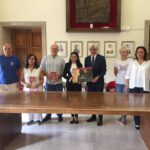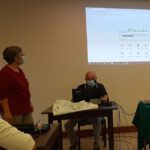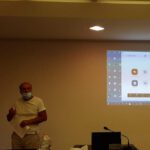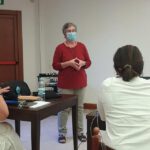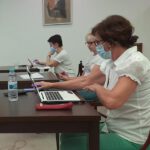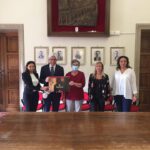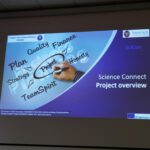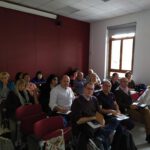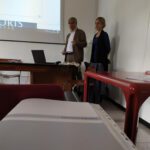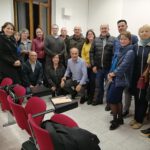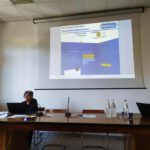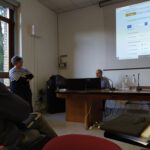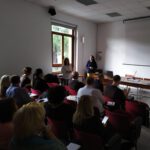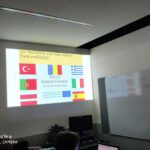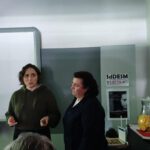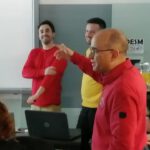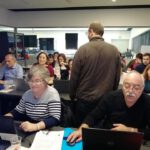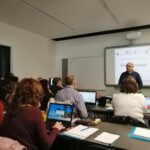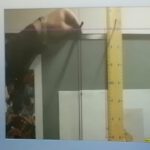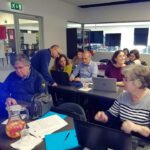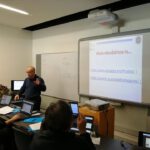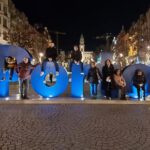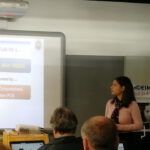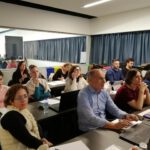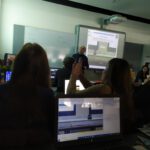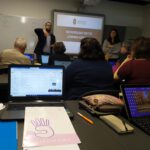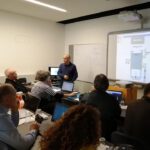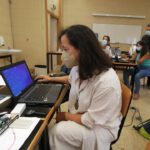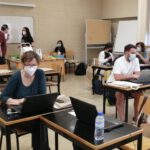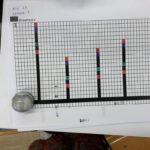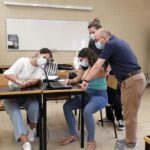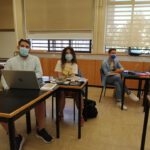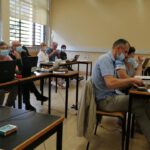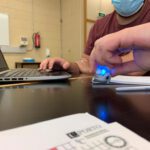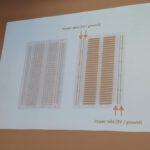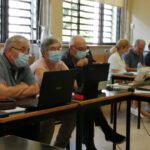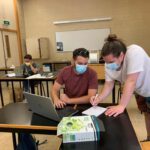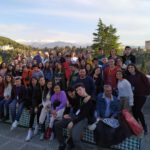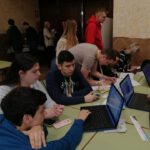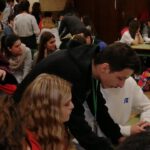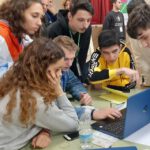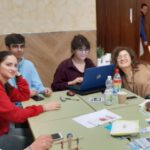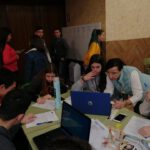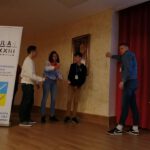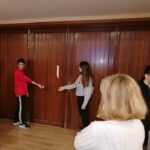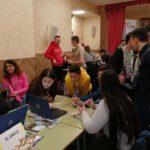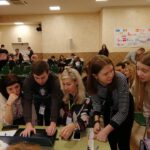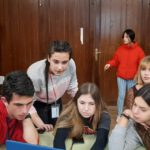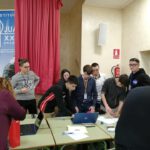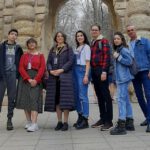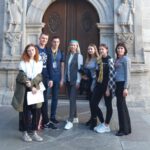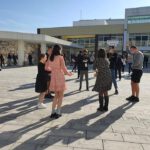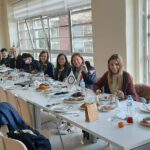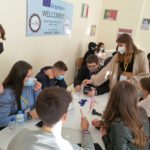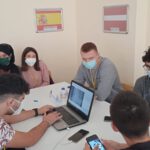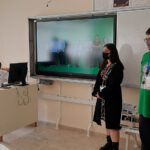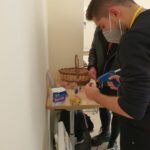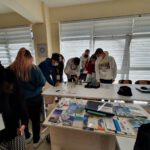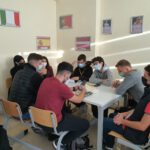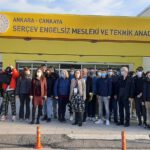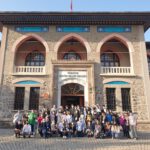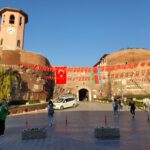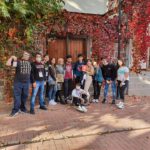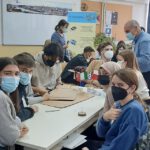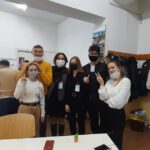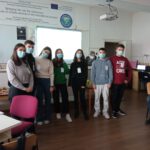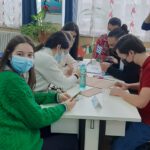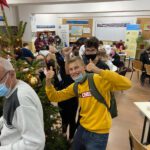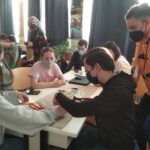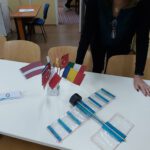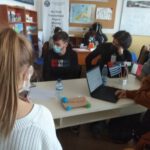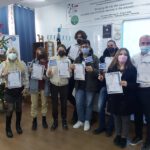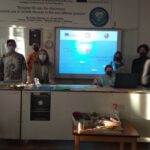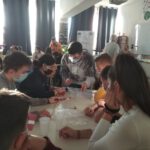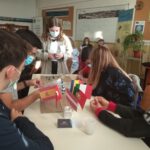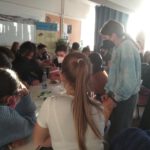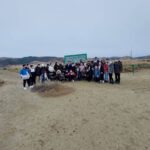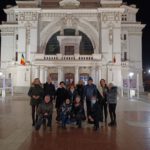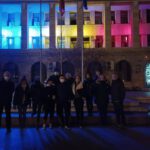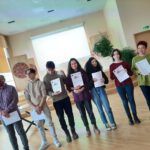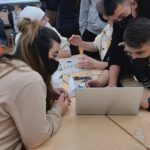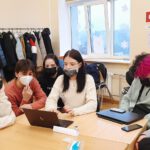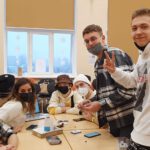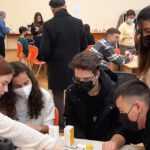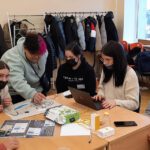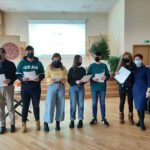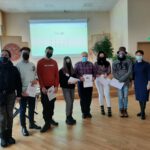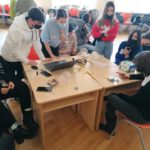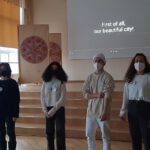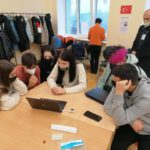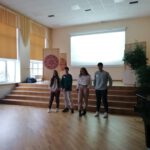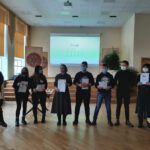Digital technology is commonly used by people of different age across the world. But few of them use this technology as a support for their study, in an applicative way.
Nowadays, the use of multimedia applications and Artificial Intelligence during lessons have proven to be vital tools to involve students in their educational process. Teachers who want to use these instruments have many opportunities regarding primary tools, punctual application for punctual
phenomena. The opportunities are not so diverse for more complex phenomena, or that allow free adaptability to individual needs. A solution can be the collection of theoretical and practical resources that we propose, as an alternative, for those who want to develop their pedagogical skills on teaching science, and other connected domains.
This Toolkit constitutes a recommendation for the introduction of methods and resources that we propose for daily use in classes.
SciCon Toolkit will present the theoretical and practical aspects of including new methods and tools to help increase the engagement of students with science through the implementation of active teaching and learning methodologies. The toolkit addresses teachers, other practitioners in the educational field, due to the transferability of tools and methods we propose.
We intend to put at the disposal of teachers of science, ICT or technology theoretical and practical tools that can help them to work with their students, doing and sharing experimental work and practical activities in real and virtual environments, where students will use their imagination and creativity to make video recordings of experiments and corresponding video analysis learning freeware software potentials, exploring simulation in virtual situations, working collaboratively and cooperatively using virtual media or inclusive settings, using Arduino programming for scientificpractical purposes.
In addition to the theoretical introductions of the concepts of establishing an operational and procedural model for the inclusion of new teaching technologies based on virtual laboratories, video analysis or Arduino programming, we will present models of Learning Scenarios to use these
concepts.
The inclusion of Learning Scenarios that have been created, applied and evaluated within the project will be examples that will make it easier to integrate new teaching technologies into the current practice of other educators.
One of the general issues raised by the inclusion of digital resource or programming technologies is that of evaluating the results. The evaluation tools that will be included in the SiCon Toolkit will allow standardization of this assessment, in support of teachers, for objective evaluation, regardless of
their own digital skills.
Because in the process of applying the Learning Scenarios, the tasks we have developed within them, the students have an important role, an innovative element we consider to be the active teacher-student partnership that was envisaged during the of the whole process and which we believe can be a way to increase students’ interest in the study of science through active involvement.
Since the Toolkit contains, in addition to theoretical aspects and practical presentations, we think it is useful and will be used as an alternative to classical classes and often does not meet the expectations of the elves or the requirements of the stakeholders for their future employees.
The interconnectivity of the theoretical phenomena studied by the different scientific fields with the technologies they use to create practical applications, useful to the different segments of society, is a prerequisite for considering that the results of our project have a potential for transferability. especially in terms of developed methodologies.
